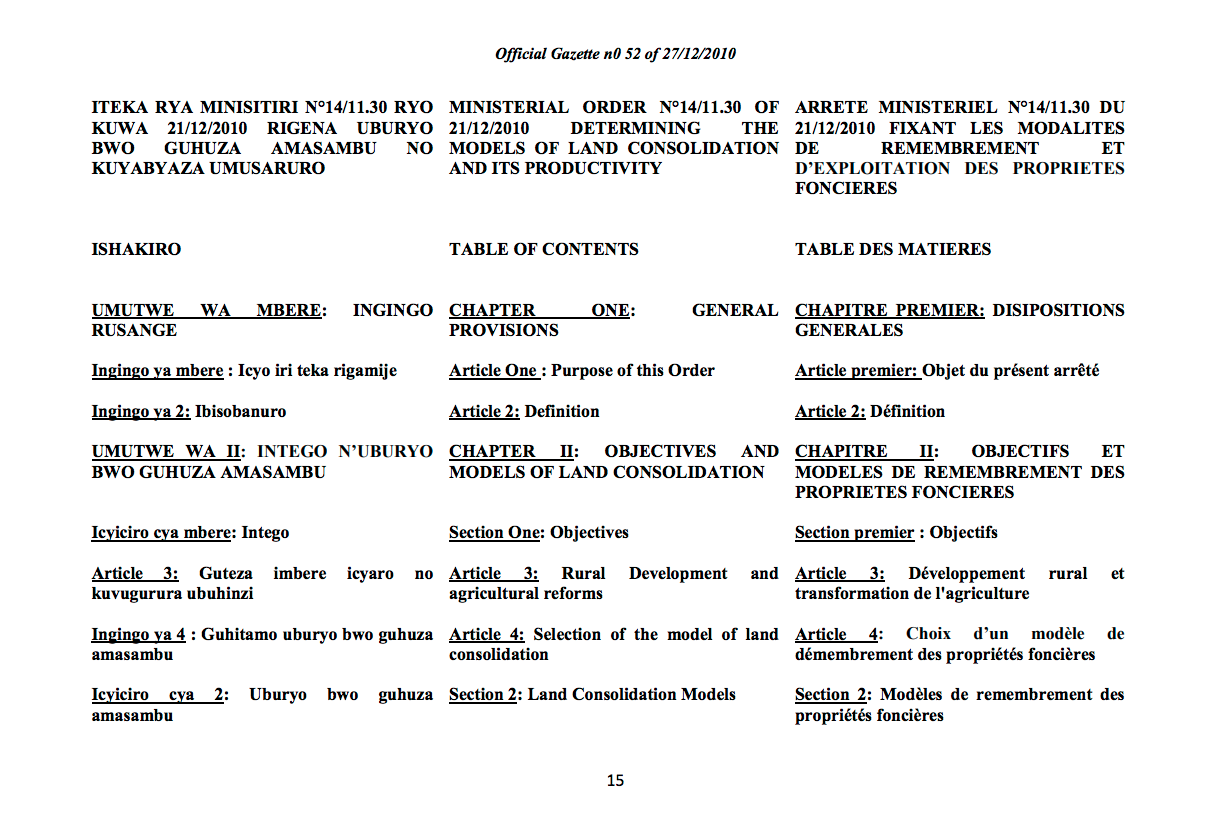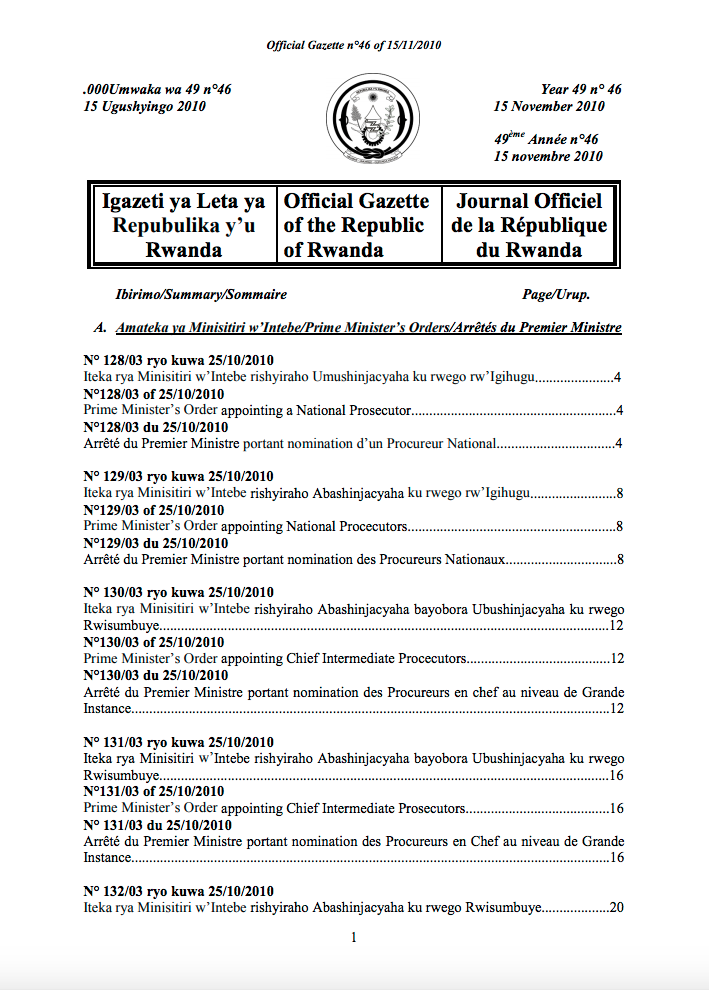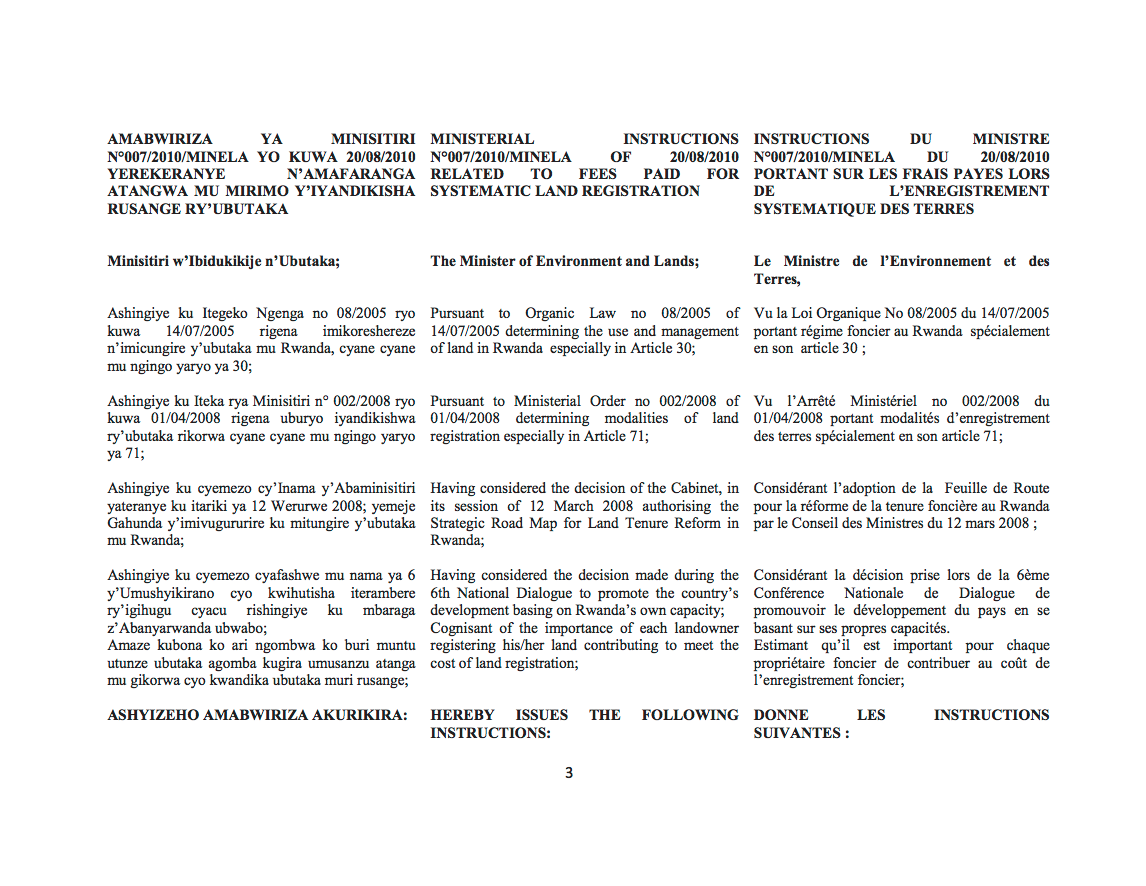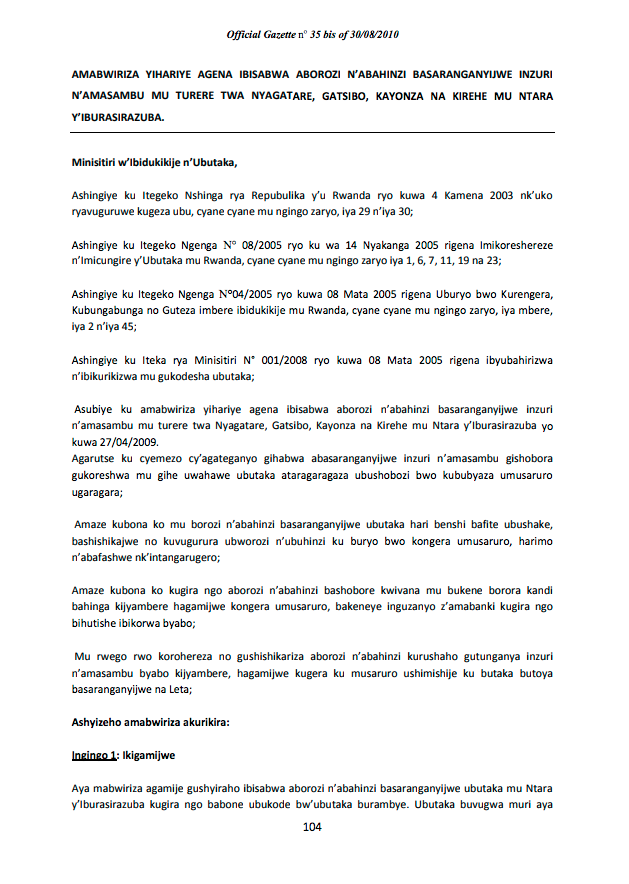The LAND Project is a five year program supported by the United States Agency for International Development (USAID). Its primary goal is strengthening the resilience of Rwandan citizens, communities and institutions and their ability to adapt to land-related economic, environmental and social changes.
Resilience is defined as “the ability to withstand or recover from difficult conditions.” It also comprises the ability of human and ecological systems to recover from shocks or difficult changes, and to transform to a better condition by responding flexibly and creatively to stress factors. In Rwanda, land tends to be one of the primary assets citizens rely on to buffer against difficult conditions and rapid change.
The project’s central objectives are twofold:
1.Increased capacity of local Rwandan institutions to generate high quality, evidence-based research on land-related issues that can be used by the Government, civil society organizations, and Rwandan citizens.
2. Increased understanding of land laws, policies, regulations, and legal judgments on land-related issues by GOR officials, local civil society organizations, research institutes and citizens.
Key outcomes of the project include:
- Holding annual National Land Research Agenda workshops to establish the research priorities of land sector stakeholders that the LAND Project will support. These workshops bring together multiple stakeholders from government, civil society and the research community;
- Supporting research on land-related issues through competitive awards to Rwandan research institutions, universities, and civil society organizations, and providing tailored capacity building assistance to improve research and advocacy capabilities;
- Offering training and other support to legal assistance providers to enhance their capacity to support women and vulnerable populations in understanding and realizing their land rights;
- Training local land authorities on the implementation of the land law and regulations.
- Carrying out research on critical land issues, including gendered land rights in practice, community rights to resources in and around protected areas, and expropriation.
- Managing a land-focused website to improve research, communications, and policy advocacy efforts that are focused on land, and to act as a vehicle for enhancing collaboration between actors working in the land sector;
- Providing organizational development support to civil society organizations supporting women’s land rights.
- Supporting innovative and coordinated communications approaches by civil society and government that enhance the knowledge of Rwandan citizens about research findings and their land rights.
Because the LAND Project is a five year endeavor, we are seeking an institution that has the interest, capacity, skills and resources to eventually take over hosting and maintenance of the website, ensuring it stays up-to-date and relevant to the land sector stakeholder community. If your organization is potentially interested in assuming management of this site, please contact us and tell us why you believe your institution would be an ideal candidate.
Members:
Resources
Displaying 66 - 70 of 149Ministerial Order Determining the Modules of Land Consolidation N° 14/11.30 of 21st December 2010.
Ministerial Order Determining the Modules of Land Consolidation N° 14/11.30 of 21st December 2010.
Published on the 27 December 2010.
Pilot Land Tenure Registration in Rwanda: Evidence of Initial Impacts
A survey of some 3,500 households in and adjacent to land tenure regularization (LTR) pilot cells was undertaken some 2.5 years after completion of the LTR pilot. The results of the survey provide evidence on the fairness and gender inclusiveness of the regularization process, households’ knowledge of the law, and initial investment impacts. A large majority of those asked perceived the process as very fair and transparent. It was, however, more thorough and inclusive in rural than in urban areas, where more than 11 percent of certificates could not be issued because of a pending conflict.
Instruction N° RLT10/01E of 25/10/2010 of the Registrar of Land Titles Determining the Format of the Certificate of Registration of a Condominium.
Instruction N° RLT10/01E of 25/10/2010 of the Registrar of Land Titles Determining the Format of the Certificate of Registration of a Condominium.
Published on the 15 November 2010
Ministerial Instruction N° 007/2010/MINELA of 20/08/2010 Relating to Fees Paid for Systematic Land Registration.
Ministerial Instruction N° 007/2010/MINELA of 20/08/2010 Relating to Fees Paid for Systematic Land Registration. Published on the 27 September 2010
Special Instructions on Land Distributed to the Farmers and Breeders in Eastern Province.
Special Instructions on Land Distributed to the Farmers and Breeders in Eastern Province.
Published on the 30 August 2010






